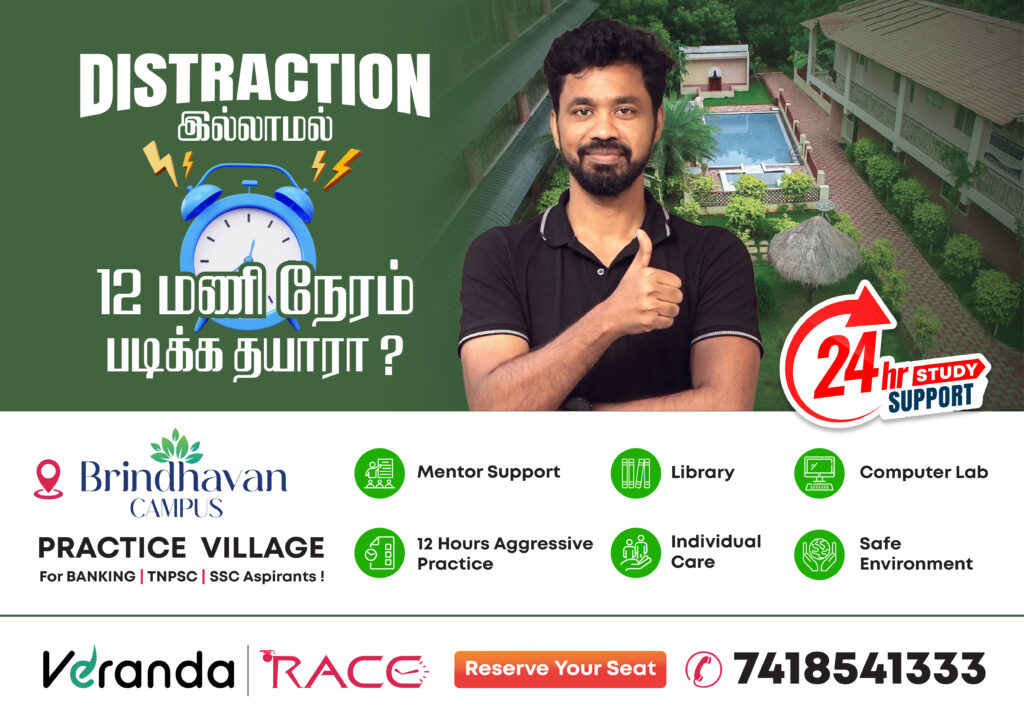>> 3000-2500 Indus Valley Civilization
>> Birth of Gautam Buddha; Nirvana (483 B. C.)
>> Birth of Mahavir, Nirvana (527 B. C.)
>> Alexander’s invasion of India. It opened the land route 1739 between India and Europe
>> Ashoka’s Reign
>> Battle of Kalinga, Ashoka renounced war and violence
>> Beginning of Vikram Era (Calendar)
>> Beginning of Saka Era, Accession of Kanishka
>> Beginning of Gupta dynasty
>> Visit of Fahyan (Chinese Traveller) to India
>> Harshvardhan’s Reign
>> Hieun Tsang’s travel in India
>> Arab Invasion of Sindh (by Mohammad-Bin-Qasim)
>> 1001-1026 Sultan Mahmood Ghaznavi attacks on India
>> 1025-26 Som Nath Temple sacked by Mahmood Ghaznavi
>> First Battle of Tarain, Mohammad Ghauri was defeated by Prithvi Raj Chauhan
>> Second Battle of Tarain, Mohammad Ghauri defeated Prithvi Raj Chauhan
>> Vijaynagar Empire founded in South India
>> Bahmani Kingdom founded in South India
>> Invasion of India by Taimur Lang; Delhi sacked
>> Birth of Guru Nanak, founder of Sikhism
>> Vasco-de-Gama discovered the sea-route to India via the Cape of Good Hope, arrived at Calicut
>> Babur’s invasion; First Battle of Panipat; the foundation of Mughal Rule in North India(1526)
>> Second Battle of Panipat; Death of Humayun, Accession of Akbar to the throne (1556)
>> Battle of Talikota; abolition of Jazia
>> Battle of Haldighati
>> 1600 East India Company established in India
>> 1605 Death of Akbar and accession of Jahangir
>> 1627 Birth of Shivaji.
>> 1680 Death of Shivaji
>> 1707 Death of Aurangzeb; Death of Guru Govind Singh; fall of the Mughal Empire begins
>> 1739 Nadir Shah invaded India; The Peacock Throne has been taken away by him to Iran
>> 1757 Battle of Plassey
>> 1760 Battle of Wandiwash; End of French power in India
>> 1761 Third Battle of Panipat 1764 Battle of Buxar
>> 1793 Permanent Settlement in Bengal
>> 1799 Fourth Mysore war; Death of Tipu Sultan; Partition of Mysore; Ranjit Singh occupied Lahore and made it a capital
>> 1818 The fourth and the last Anglo Maratha War
>> 1833 Death of Raja Ram Mohan Roy
>> 1835 Introduction of English as a medium of instruction
>> 1853 The First Indian Railway line opened from Bombay to Thane; The first telegraph communication
>> 1856 (23rd July), Birth of Bal Gangadhar Tilak





